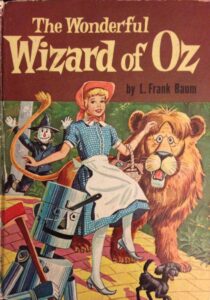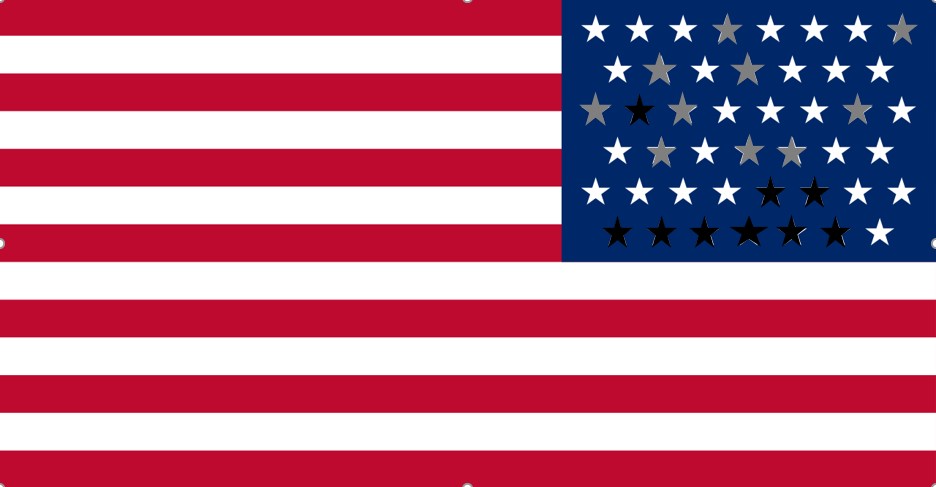L. Frank Baum publishes The Wonderful Wizard of Oz, a children’s fantasy novel.
NOTE: Although, scholars have later tried to assert the novel is a political satire critical of the populist movement, there is almost no evidence to support this; but there is a good deal of evidence to refute it: Baum was apolitical, and voted for William Jennings Bryan, the 1896 presidential candidate of both the Democratic (socialist/proto-fascist) and Populist Parties.
Roger Baum, the great-grandson of the author and custodian of the author’s papers, denied any attempt to criticize a political movement that L. Frank Baum supported. Still the parallels are fascinating to many readers:
- Dorothy–Leslie “the Kansas Tornado” Kelsey, a populist orator;
- the Wicked Witch of the East–J.P. Morgan and the eastern “goldbugs”;
- the Munchkins–child laborers;
- Dorothy’s march to Oz–reminiscent of Jacob S. Coxey’s 1894 Commonweal Army march on Washington, which demanded 500 million “dollars” in “Greenback” script and public works programs for those out of work;
- the Yellow Brick Road and Dorothy’s silver [ruby red for the movie] slippers– bi-metalism: the adoption of an unworkable dual standard for the singular Dollar, based on gold and silver;
- the Scarecrow–a farmer;
- the Tinman–a factory worker;
- the Cowardly Lion–labor organizer and future five-time Socialist Party presidential candidate Eugene V. Debs;
- Wicked Witch of the West–William Howard Taft, Chairman of the Second Philippine Commission, seeking to assert United States rule in its newly conquered colony;
- Yellow Winkies–enslaved Filipinos, whose captivity was transferred from Spain to the U.s. via the Spanish-American War;
- the Wizard of Oz (from Nebraska)–former Nebraska congressman and 1896 Democratic presidential candidate William Jennings Bryan, who tried to be all things to all people.
It is also important to note that the name of the mythical setting for Baum’s novel “Oz” is also the symbol for the unit of measurement for gold and silver—Oz.
“I cannot understand why you should wish to leave this beautiful country and go back to the dry, gray place you call Kansas, said the Scarecrow.”
“That is because you have not brains, answered the girl. “No matter how dreary and gray our homes are, we people of flesh and blood would rather live there than in any other country, be it ever so beautiful. There is no place like home.”
The Scarecrow sighed.
“Of course I cannot understand it, he said. “If your heads were stuffed with straw, like mine, you would probably all live in the beautiful places, and then Kansas would have no people at all. It is fortunate for Kansas that you have brains.”
[restored 5/27/2022]
Subsequent Events:
Authority:
Article I of Amendment
ccc-2point0.com/constitution-for-the-united-states
References:
The Wizard of Oz, ch. 4—”The Road Through the Forest,” par. 7
Jack Weatherford, The History of Money: From Sandstone to Cyberspace, (New York: Three Rivers Press, 1997), 175-77.
Political interpretations of The Wonderful Wizard of Oz – Wikipedia
en.wikipedia.org/wiki/Political_interpretations_of_The_Wonderful_Wizard_of_Oz
High School Teacher’s Theory Frames ‘The Wizard of Oz’ as a Political Parable | Mental Floss
www.mentalfloss.com/article/92959/high-school-teachers-theory-frames-wizard-oz-political-parable


